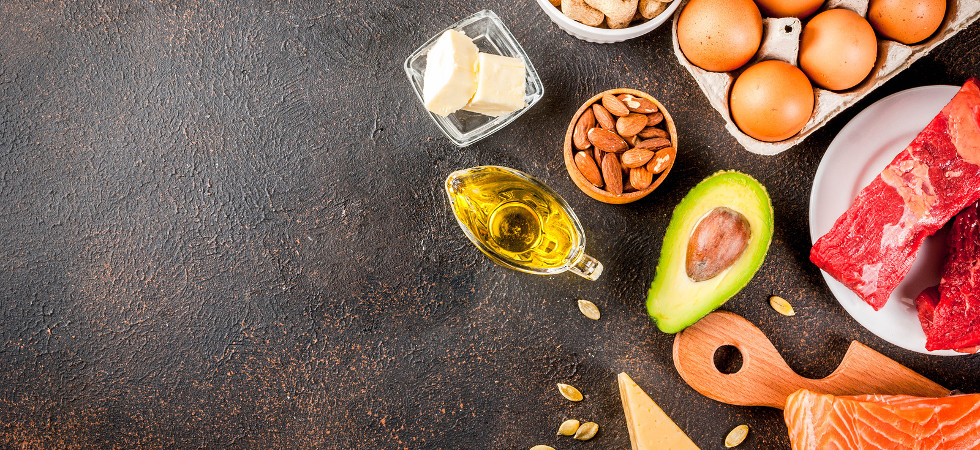We’ve all heard people talking about “cutting carbs” when they’re trying to lose weight, but it’s not always the best way to improve your health. Carbohydrates are important energy providers and vital to muscle repair and gain, making them essential to a diet when you’re training regularly. Read on as we tell you why you should think twice before removing carbs from your everyday meals.
The science behind carbs
What is a carbohydrate? There are three types of macronutrients that form the main part of our diet, these being carbohydrates, fat and protein. Within the carbohydrate category, there is sugar, starch and fibre.
Those who often exercise understandably need more energy to keep their body functioning properly and prevent fatigue. This is where carbohydrates are essential, as they’re the main source of energy for both our brains and bodies. When we consume carbohydrates, they break down into glucose. This is then stored in the liver and muscles and used to fuel our physical activity. It’s likely that you wouldn’t athletically perform as well without carbohydrates in your diet.

Especially if you’re focusing training on a particular muscle group, you need your body to be equipped to repair and build these muscles. This is where carbohydrates come into play. Glucose (the end product of carbohydrates) enables nutrients in the body to be used to make energy, this means that the protein in the muscles can focus on rebuilding and repairing muscle tissues.
It’s important to remember the difference between “good” and “bad” carbohydrates. Eating too much sugar, for example, will be bad for your health, but increasing your fibre intake is likely to give some benefits.
The latest research
Research on different diets and eating habits is continually being released, meaning it can get confusing when we’re deciding what to and not to eat. There is an abundance of recent research though that demonstrates the negatives of a low-carb diet.
Results published in the Lancet Public Health reveal that eating a low-carb diet can, in fact, shorten your lifespan. They concluded that a 50-year-old participant who consumes less than 30% carbs has a life expectancy of 79.1 years, but this rises to 82 years for someone who eats more than 65% carbs.

One study published in November 2018 showed that carbohydrates can play a big part in brain activity too. They found that a low-protein, high-carbohydrate diet could go as far as warding off dementia.
Instead, scientists are recommending maximising fibre intake, suggesting that people should be eating a minimum of 25g each day. This can be difficult to get used to, considering that two Weetabix only has 3g of fibre in and a thick slice of brown bread only has 2g.
What else should you remember when training?
It’s not only your diet that’s important when you’re training regularly. There are other steps to take to prevent injury.
Warming up
It’s always a good idea to warm up properly before physical activity. This increases your body’s core temperature, whilst improving the blood flow to the muscles you’re about to work.
Stay hydrated
Water can really help fuel your muscles, so it’s important to stay hydrated both before and after you train, try drinking little and often.

Rest days
Rest days are equally as important as the way that you work out, as they allow your muscles to rebuild and prepare for the next workout.
Treating injuries
Sprains can be common when exercising, as can injured muscles. Often, it’s inflammation that causes muscle pain, so treat these with pain relief gels to reduce the pain.
As we can see, cutting out carbs from your diet can seriously affect your ability to work out and recover properly. Recent research has revealed that alternative dietary recommendations may be a better alternative, such as increasing your “good” carbohydrate fibre uptake. Remember to follow other steps to get the best out of your exercise regime.






















